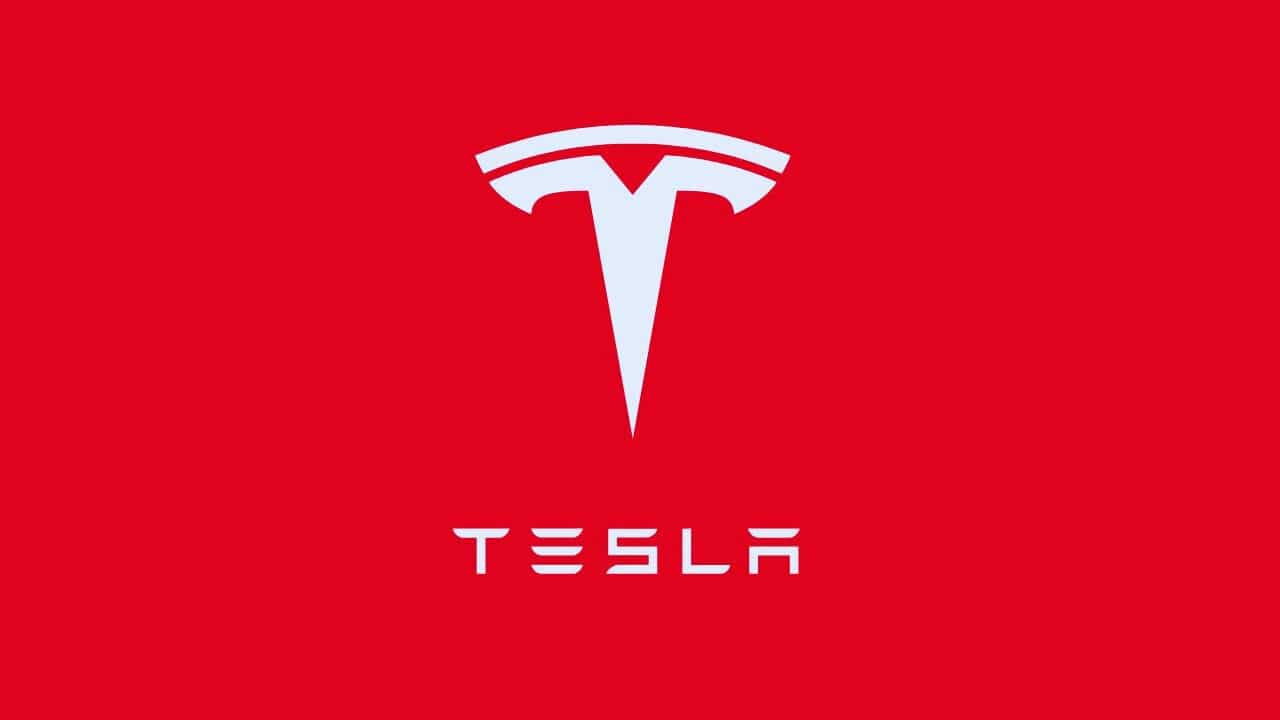The Canadian economy grew only by 0.1% in the first quarter of 2019, according to Statistics Canada. The report says: “Real gross domestic product (GDP) grew 0.1% in the first quarter, the same growth rate as the fourth quarter of 2018. Real gross national income rose 0.9%, largely because of higher export prices of crude oil and crude bitumen.”
Minor Growth of Canada’s Economy
0.9% or $ 10 billion more was spent on household products. However, the savings decreased by $3.6 billion. The Canadians might not be able to save as much money as they used to anymore. There was some improvement in the investment of farming industries. A big share of the increase was due to the cannabis stock, which contributed $1.7 billion to the industry. Non-farm industries invested around $16 billion in their businesses. More people are investing in their current houses than buying new homes, therefore the renovation investments increased by 1.8% while housing investment decreased by 1.6%, and 3.6% less was invested in the construction of new buildings.
Total exports fell by 1% due to the decline in the exports of oil and crude bitumen by 2.8% and in the farm and fishing industries by 9.5%. Imports were up by 1% making the costs of import $13.1 billion more than that of the country’s export.
The second wave of a digital charter from the mid of 2020
Recession is coming and it’s inevitable. All of the countries have created a plan to help society during the tough times, millions of jobs were lost during the lockdown. The second wave of the digital charter will be in power from the mid of 2020. It’s more related to crypto trading and improving the crypto legal space in the country. The first wave of the digital charter was related to crypto payments. Financially it was a very positive impact on the iGaming and e-commerce space.
Canada is the Center of Online Bitcoin Games:
Shopify was one of the biggest platforms that contributed 5 more million dollars to the economy of the country after allowing crypto payments. Along with e-commerce platforms, the online gaming industry has changed for good. From the start of the digital charter, online casinos in Canada opened doors to crypto payments. Canada is the center of online bitcoin games and the country’s economy benefited a lot from this decision. Millions of gamers have a strong connection with crypto in general and they want to manage gaming funds in Bitcoin. That’s why Canadian casinos have doubled the number of gamers and skyrocketed their contribution to the economy of the country. With the latest data, the gaming industry has paid up to 20 billion CAD in taxes.
Crypto allowance was a big decision because gamers love freedom. Decentralized cryptosystems allow gamers to manage their funds freely and that makes bitcoin payments standout. From the mid of 2020 the country is going a step ahead with the crypto industry and it may decrease the% of recession.
How the Canadian economy’s growth is compared to G7 countries?
The Conservatives in the parliament of Canada used the quarterly GDP figures for the third quarter of 2019 and pointed out that Canada was falling behind, the United States, the U.K., and Japan. However, the experts say that the quarterly figures aren’t always as solid as the yearly data. The quarterly number that was used against the Liberals’ during the debate put Canada behind several countries, but one quarter before that the growth of Canada was the first of the G7. Quarterly numbers depend on many different factors and vary greatly for different countries.
For example, car sales always go down in the fall and winter in Canada. Therefore, depending on quarterly numbers to assess the economic growth of the country can be a mistake. The International Monetary Fund observes the annual percentage growth in GDP. According to their reports, in 2016, the first year of the Trudeau Liberals’ government the growth in GDP was 1.1%, the same as that of France, and Italy and 0.5% higher than that of Japan. In 2017 Canada was the top one in the G7 and has been the second only to the United States. The Bank of Canada is predicting the 1.6% growth in both 2019 and 2020 and a 2% growth in 2021.




































